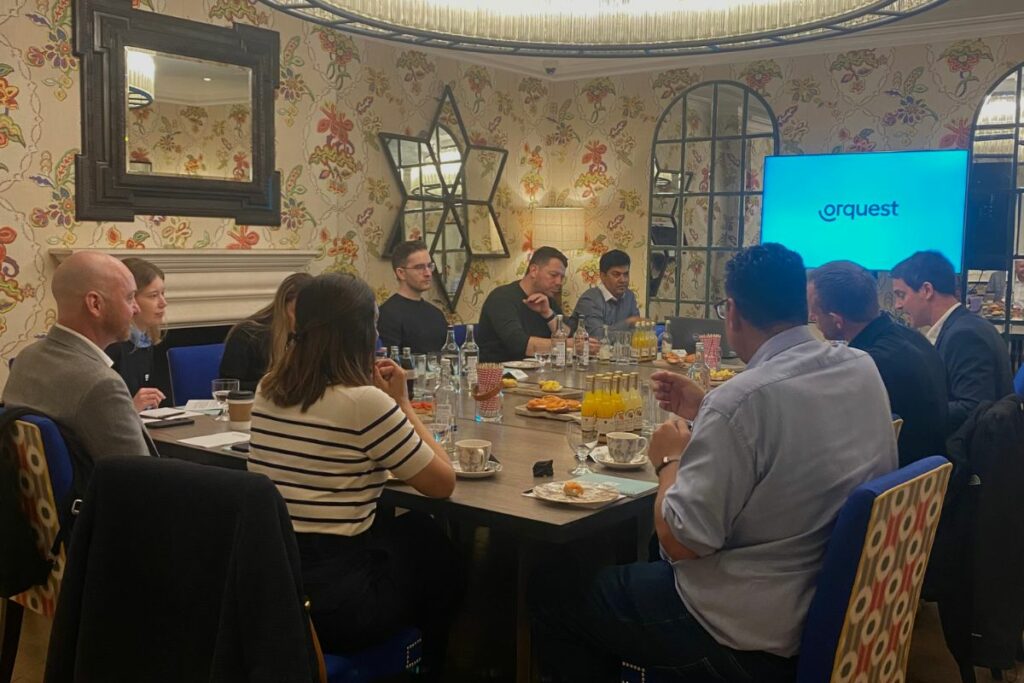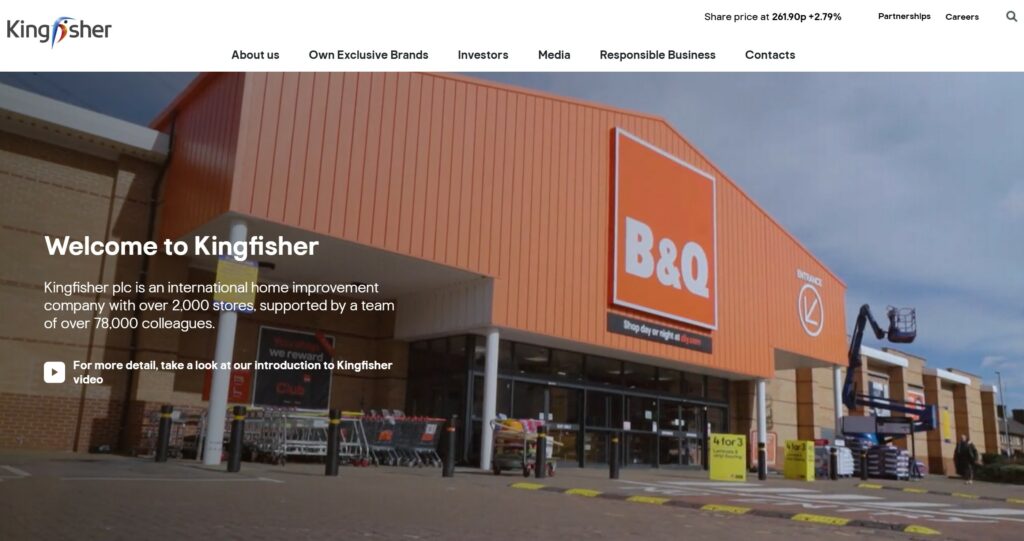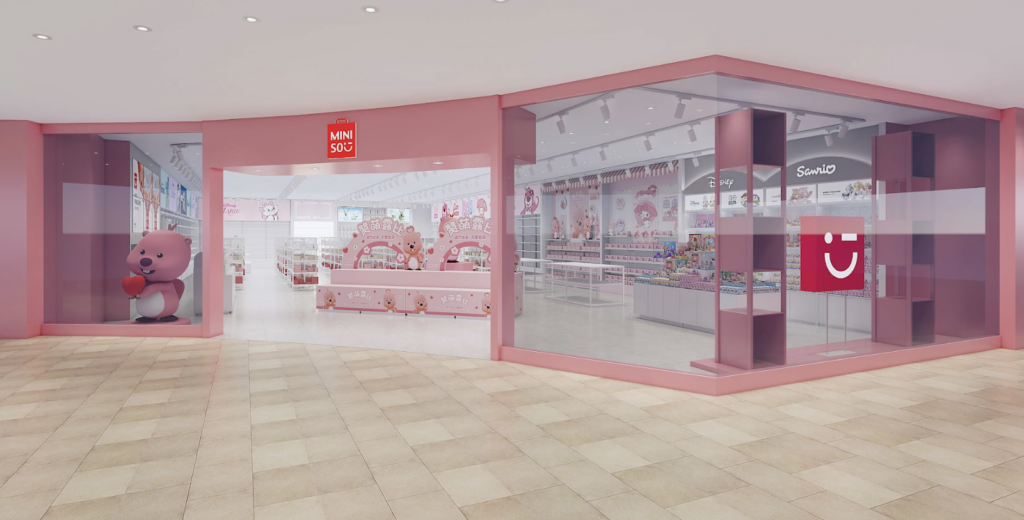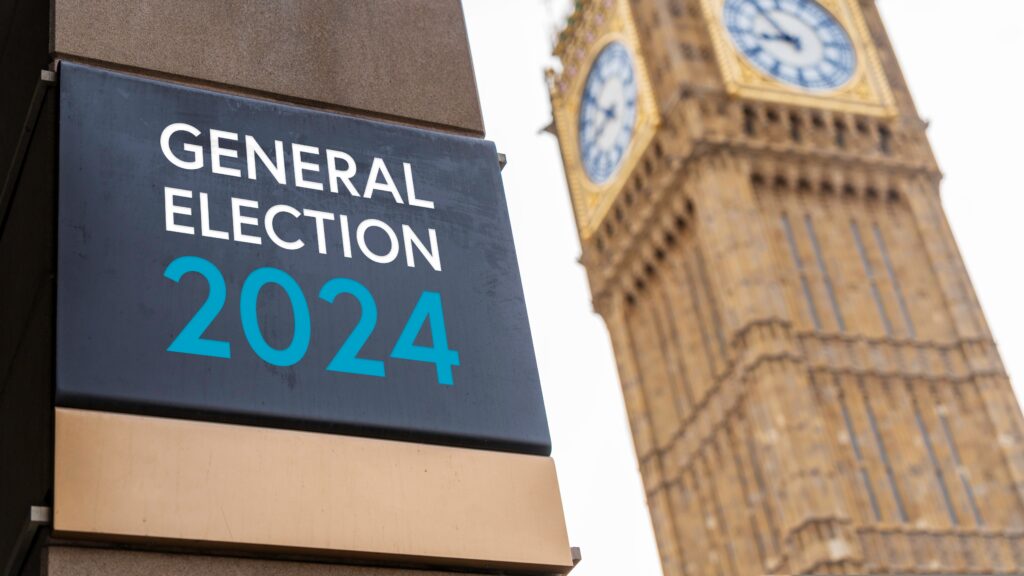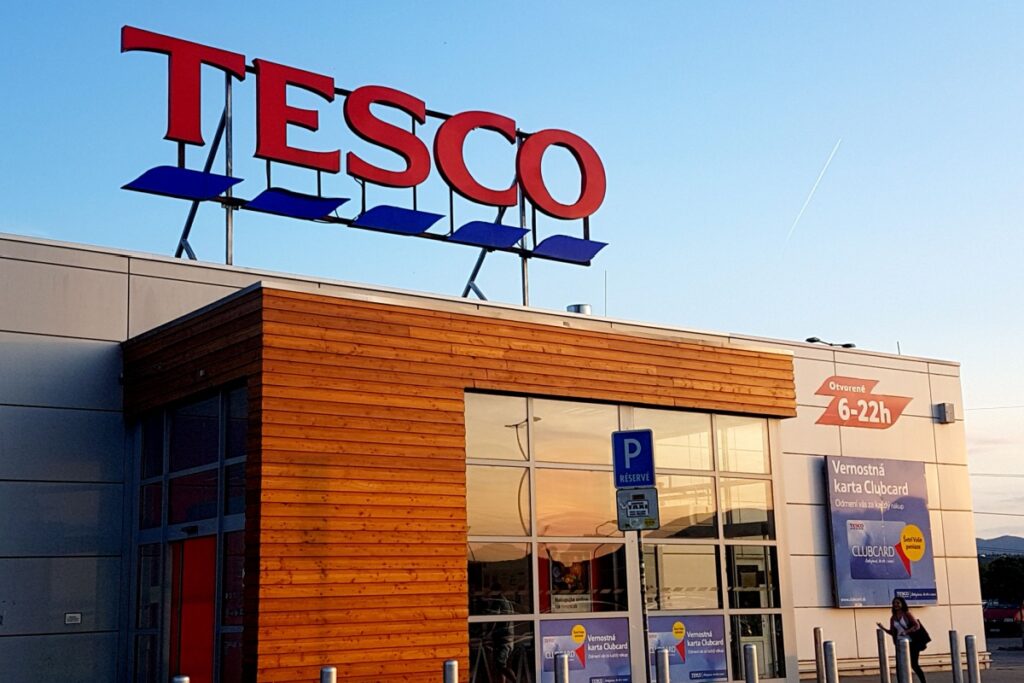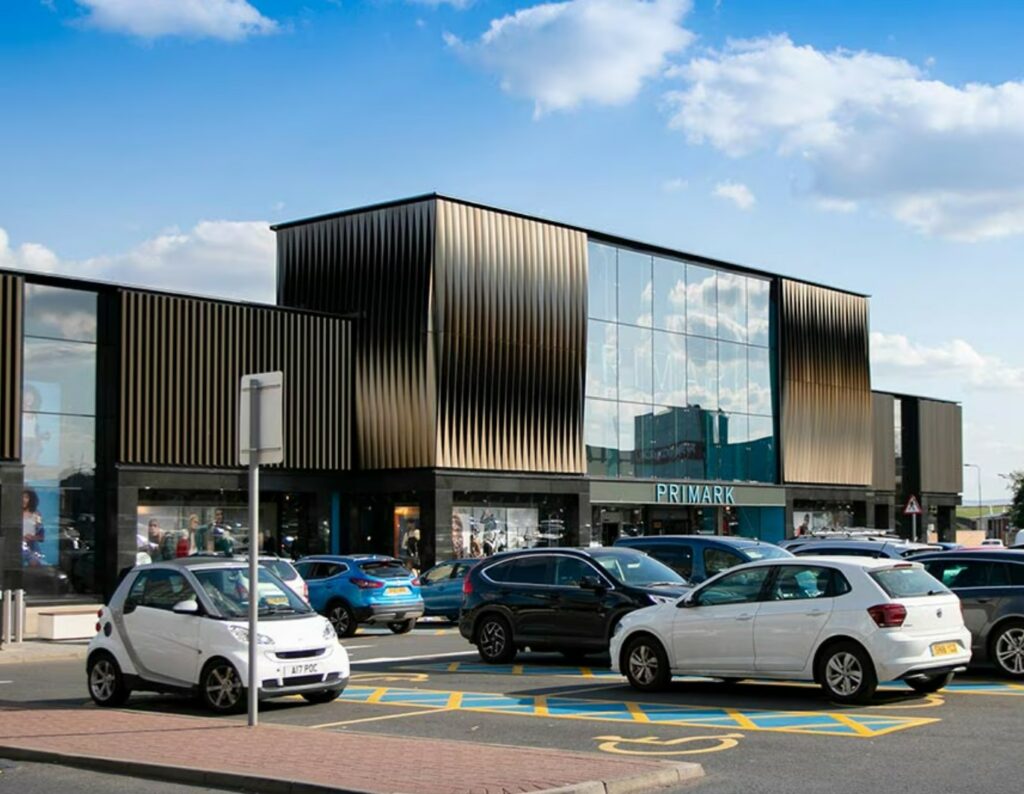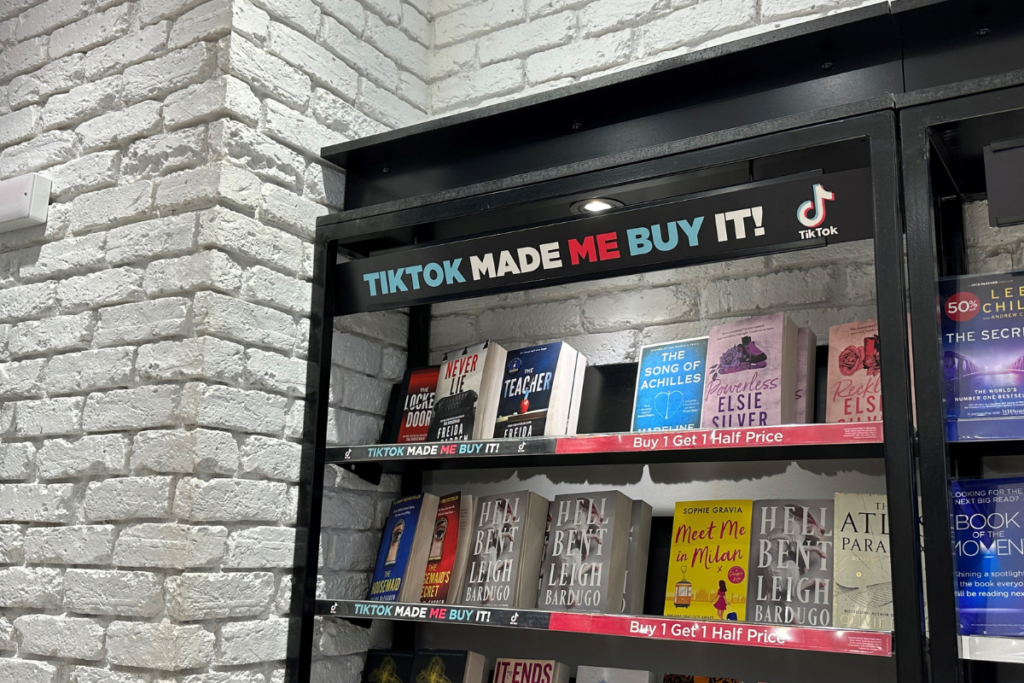Retail Gazette and Orquest host breakfast discussion on what it takes to empower a store workforce in modern retailing.
It’s perhaps more difficult than it’s ever been in retail to engage, develop, retain and motivate front-line staff.
There are stark intergenerational differences in the workforce which make store people management challenging, while much more needs to be done to build bridges of communication between shop staff and those leading operations.
These were key themes to emerge from a Retail Gazette roundtable breakfast event, held in London on 29 May. The session, hosted in partnership with artificial intelligence (AI)-enabled workforce management and scheduling tech company Orquest, brought together a wide range of retailers, including representatives from John Lewis, Sainsbury’s, Science in Sport, Specsavers, and Wild & Stone.
The event, which took place at the plush Covent Garden Hotel, was held under Chatham House Rules. We have highlighted some of the key themes and comments from the discussion, anonymously, below.
Store staff motivation
Retail industry charity the Retail Trust found last year that 70% of staff interviewed for its annual study into workplace wellbeing had experienced a deterioration in their mental health in the previous 12-month period, and one in four were keen to leave the industry.
Glassdoor’s annual collation of the best UK businesses to work at also suggests a problem with retail because – compared to other industries – retailers are not ranking highly. Glassdoor’s top 50 list, which is based on what employees are saying about their employers, had four traditional retailers in it in 2021, but in the years since it is technology companies which surpass them.
The 2024 rankings included Lego, Apple, and Nike, but no supermarkets, traditional high street fashion businesses, or any of the other large industry multiples.
Asked what might be demotivating retail staff, guests at the roundtable said the challenges of modern retail – including organisational cost cutting, and the need to keep up with ever-changing consumer demand – are having an impact on morale.
Many retail store staff do their job for one to two years, not seeing the opportunity to build a career, explained one guest.
Another added: “Retail has always been a difficult industry to work in, with maybe luxury sector being an outlier.
“People are generally just doing it to earn money as opposed to feeling a real connection with their employer.”
Retail’s multigenerational workforce
One roundtable guest suggested the differences between the older worker demographic and the new generation of shop staff coming through are increasingly marked.
“There can be real frustrations in teams because different generations want different things from their workplace, and productivity in stores these days is lower than it used to be,” they explained.
Another guest noted young workers have a level of expectation from their employer that is difficult to meet while also running stores and businesses efficiently and effectively.
“Work can be mundane and repetitive, and often retailers are taking on staff that are not ‘workforce ready’,” they added.
“You can’t make assumptions over what people [staff] think is good customer service anymore.”
One guest remarked: “Retailers succeeding in today’s market are those with a happy workforce so there should be lots of motivation to fix the aforementioned issues.
“If people love what they do, they work hard – there needs to be more recognition of that from retailers.”
Developing a culture for new in-store tech
One way of improving culture in stores can be through use of technology. Delegates agreed that, deployed in the right way, tech can help drive real change in a workforce, enhance productivity, and make people’s lives easier.
There has been more tech put in the hands of store staff in recent years, particularly as retailers have evolved into omnichannel players where stores have to serve online shoppers through click & collect, returns management, and home delivery fulfilment. It feels retail is becoming more comfortable embracing change but there is still some distance to travel for it to result in a happier and more motivated workforce.
There are plenty of tech-enabled tools available to help navigate through many of the difficulties discussed at the roundtable. It is a challenge, however, to ensure the tech lands just right and is embraced by staff – indeed, retailers generally need to already be working on a process of change management for new ways of working to easily become embedded.
“AI can help automate so many things to free up staff to do other less mundane tasks,” explained one retailer.
“But seamlessly bringing in new technology to stores requires appropriate training and strong communication from leadership teams.”
They added: “Retailers don’t often do a brilliant job of company-wide communication about strategy, it’s often on a need-to-know basis rather than detailing ‘the why’ and the perceived benefits. The industry can certainly improve comms between management and front-line workers.”
Pilar di Prisco, Orquest’s UK key account manager who took part in the roundtable event, commented: “The model of retailing is continually changing, and therefore the tasks store staff are being asked to do are evolving too.
“As well as being focused on the customer at all times in order to drive sales and loyalty, retailers need to become more employee centric to ensure the people they task with serving consumers are motivated, well-informed, and empowered to do their jobs.”
She added: “That’s what Orquest does: bridge the gap between efficiency and employee satisfaction, creating a better in-store experience. By creating data-driven store schedules that adapt to customer flow, Orquest optimises staffing while taking into account employee preferences. This reduces costs, boosts morale, and ensures compliance, resulting in a better shopping experience for everyone.”
Di Prisco continued: “Scheduling over 250,000 employees across 77 countries, Orquest empowers retail stores worldwide, including many in the UK. This global reach is why leading brands like McDonald’s, Dior, and H&M trust Orquest for their workforce management needs.”
This innovative approach has recently earned the software the Retail Technology Show 2024 Innovation Award, following a vote from the event’s judging panel of independent retail technology industry analysts and influencers.
Click here to sign up to Retail Gazette‘s free daily email newsletter

